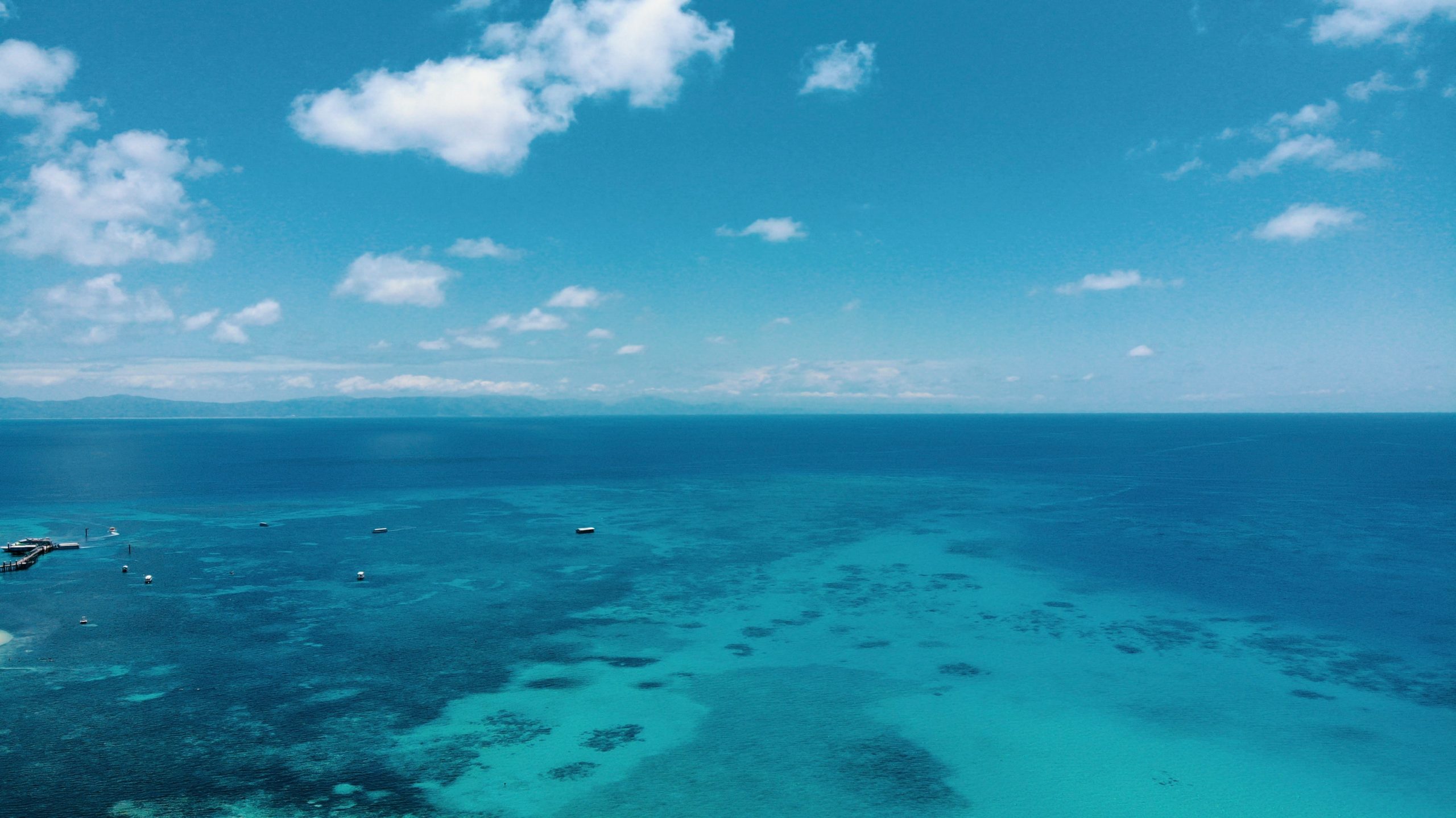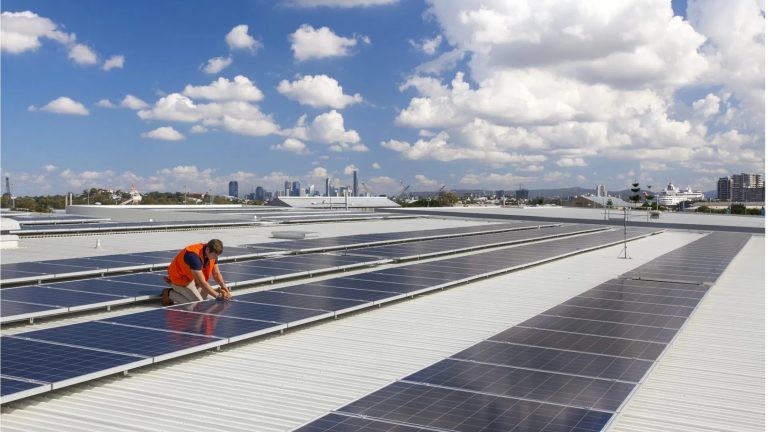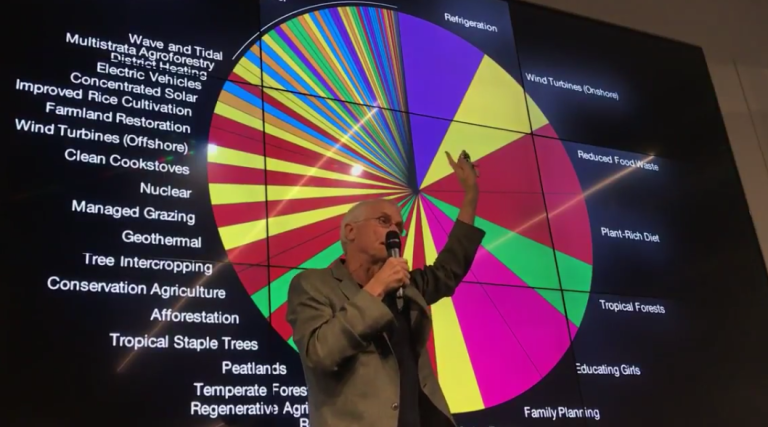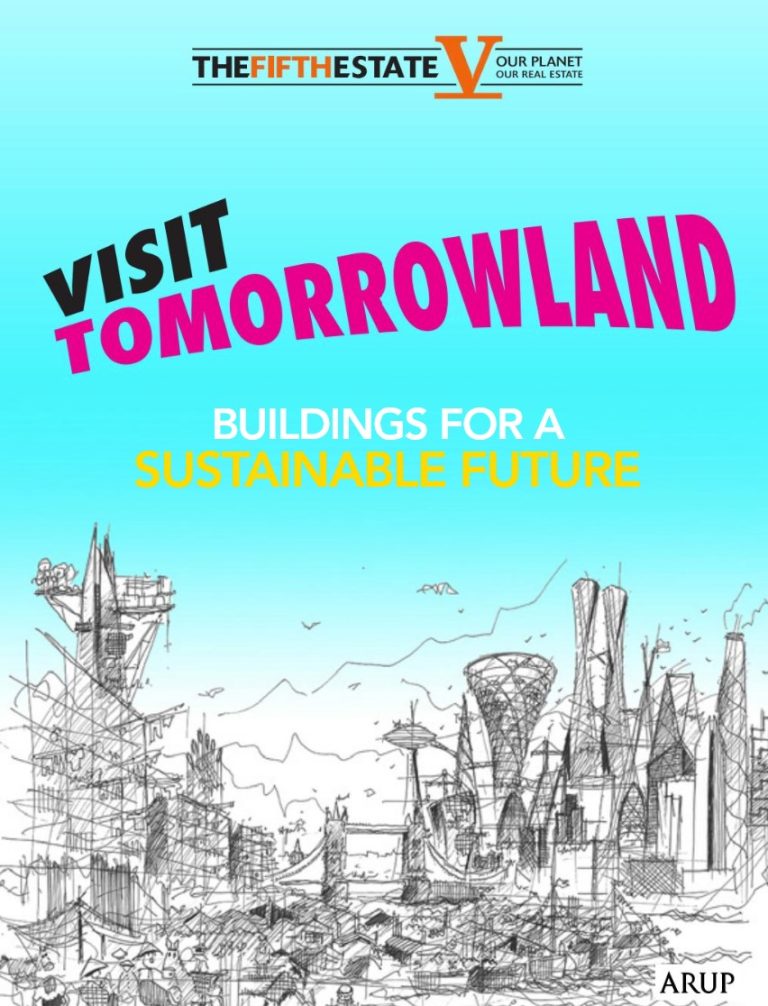Want to save the reef? Make a market!
Australia’s Great Barrier Reef is under threat from agricultural chemicals and silt – as well as global warming.
There’s always been a conundrum “Who pays the farmer to change his process”. But perhaps not any more.
Terrain Natural Resource Management and North Queensland Dry Tropics teamed up with environmental markets investor Green Collar. In consultation with landholders and the Queensland government they have developed a Reef Credit Scheme.
They had funding and financial support from the NAB Foundation’s Sustainable Regions Grant program as well as the Queensland government.
The Reef Credit Scheme is a new environmental market that pays landholders for on-farm actions that improve water quality by reducing pollutants entering the Great Barrier Reef, without compromising the productivity of their land.
Reef Credits are tradeable units (like carbon credits) that quantify and value the work undertaken by landholders to improve water quality flowing into the Reef. Reef Credits provide a credible, unique and robust market that opens the door to Environmental, Social and Governance (ESG) investment, helping organisations meet their environmental targets while protecting the future of the Great Barrier Reef.
The first Reef Credits were issued in October 2020, after a ton of work on all sides to make them a robust trading instrument.
If you don’t like the system – then change the system
It’s all to easy to look at a problem and complain about it. How many conversations have you heard that end up with “the government should do something!”
It’s a lot more difficult to work out what needs to change – and how to create that change. In this instance, the Queensland Government funded the process – but it was run by key community change agencies working in consultation with farmers, technical experts, finance experts and many others. It also took years, starting in early 2017.
“You never change things by fighting the existing reality. To change something, build a new model that makes the existing model obsolete.” ― Buckminster Fuller
A model being replicated for land as well as water

Terrain NRM is now working with communities, indigenous groups, industry and experts on a Cassowary Credits scheme that will boost the funds available to landholders for habitat restoration in the wet tropics environment.
Award-winning innovation that’s being recognised
Terrain NRM was recognised on Australia and New Zealand’s most innovative companies list in 2019. The Far North natural resource management organisation features in the 2019 AFR BOSS Most Innovative Company List, published by The Australian Financial Review and Boss Magazine.
There’s a wealth of opportunity in the middle ground
Twentieth century thinking has traditionally ignored “the filling in the sandwich” – the rich middle ground that lies between:
- top level government action
- individuals reducing their consumption
So you have to actually go out and look – but when you do you find that there’s a whole lot there, from renewable energy community cooperatives to food rescue apps and renewable materials innovators.
“Never doubt that a small group of thoughtful, committed citizens can change the world; indeed, it’s the only thing that ever has.” -Margaret Mead
Natural Capitalism in action
Back in 1999, the authors of Natural Capitalism offered 4 solutions to creating a cleaner, safer world. Their approach included:
- Radical resource productivity
- Biomimicry
- Service and flow economy
- Invest in natural capital
At the end of 2020 (despite COVID) we have:
- Circular Economy solutions around the world offering trillions in business savings
- Biomimicry-based solutions offering everything from coffins made of fungi to compostable construction materials
- Service models delivering “products” from accommodation to music and movies
- Reef Credits and Cassowary Credits alongside Carbon Credits – all creating new opportunities to invest in natural capital
You probably don’t even need to leave home (just as well at the moment) – you just need to explore “What system near me needs fixing?”
Then find out who’s in that system and explore ways you can work with them to make it better all around.







